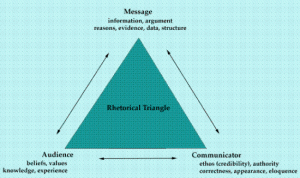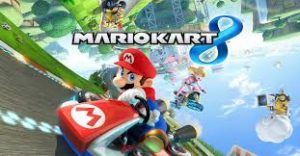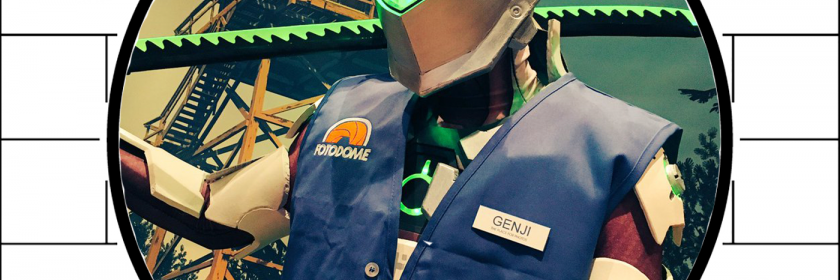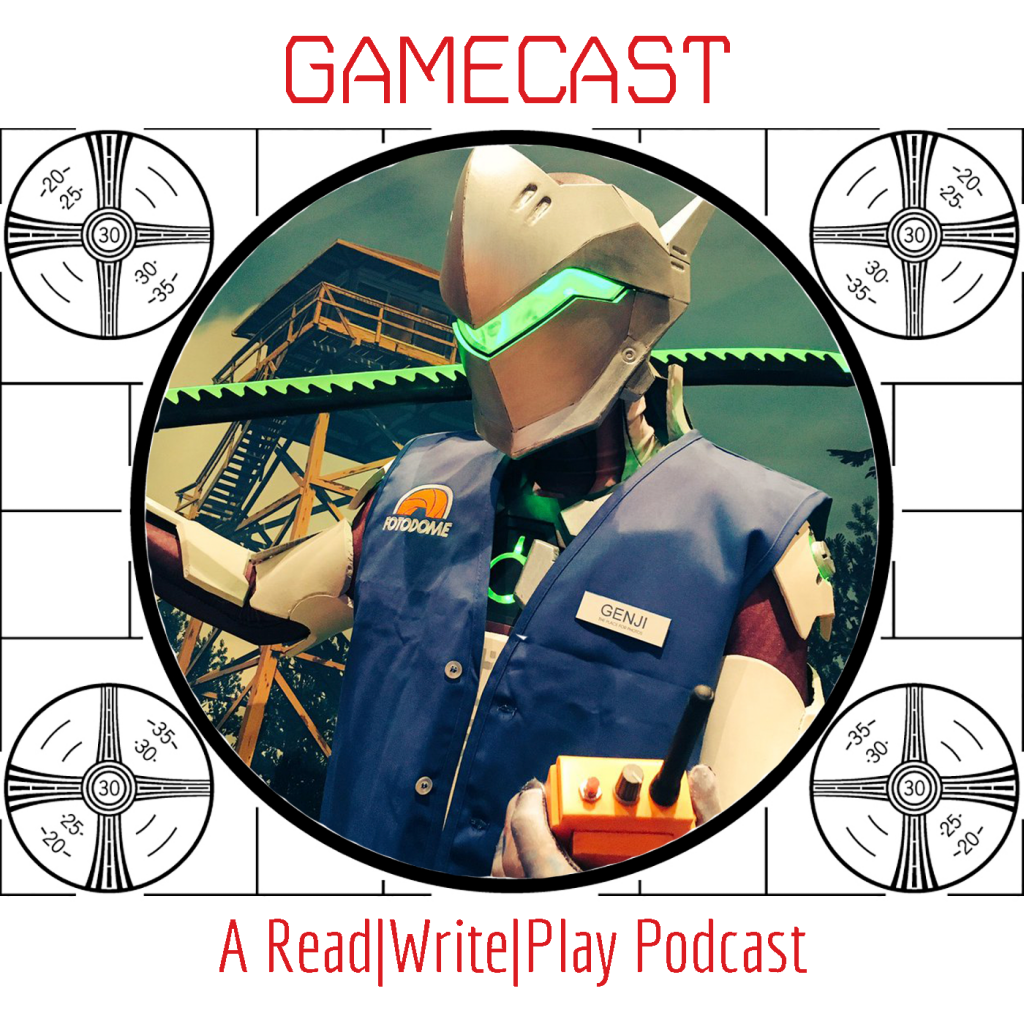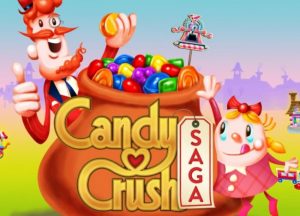
One certainly doesn’t expect to make a podcast for English class, but when it happens – it’s great! Anika and I teamed up to create a podcast about the video game Candy Crush and how it relates to the terms “Branding” and “Habituation” used in Ian Bogost’s book How To Do Things With Video Games. The experience was actually quite rewarding and it was quite the rewarding experience. I feel talking about a certain topic and being able to express your ideas as soon as you think of them makes the feeling more spontaneous and you can share your experiences first hand, without tampering with the words and risking changing the meaning, unlike when writing a piece and editing it multiple times. Although editing material can prove to be beneficial, you might lose track of the original point you were trying to get across after editing it at a different time or if you have a different mindset.
Our primary goal was to be able to relate to our audience and be able to establish a connection between Candy Crush and everyday life. It was also to be able to analyze the game, compare it to literature and make a successful argument describing how Candy Crush has made a majority of people addicted to the game even though it’s algorithm is very simple. We included personal anecdotes so the arguments we described were more relatable and believable. I feel like this is a valuable lesson I learnt from the podcast. These are also useful in personalizing the writing. It makes you seem more human, rather than someone just writing blatantly about facts and figures that were researched. That is something I should incorporate in my writing more often.
This assignment definitely helped me, personally, learn about digital citizenship. While posting content anywhere online it is important to take on a specific role and keep in mind the connection you are trying to establish as well as the message you are trying to get across. With a podcast perspective in mind, it was quite interesting to write an audio script for an audience in mind that are listening specifically through the internet.
I used to host radio shows for 3 years back in Kathmandu where I had to write scripts and select songs to play on air. Creating a podcast, for this class specifically, was definitely different because of the analysis part of the task. It is necessary to stay on topic and not stray from the thesis of the analysis all the while keeping in mind that we maintain a role as a creator online.
Collaboration is again definitely another learning outcome that this podcast helped me, or us, achieve. We spent time talking to one another, what we wanted to include in the podcast and how we would divide each task. Although it was a little difficult managing time and picking out time to work together and sort things out, in the end it all worked out. We managed to get everything done as planned and I feel Anika and I worked very well as a team.
Overall, I’d love to do this again, and I’m looking forward to working on the next podcast!


